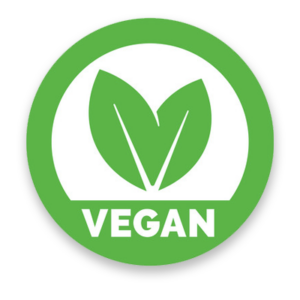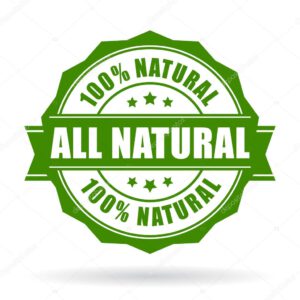My husband, Beau, and I are the fourth generation (raising the fifth) to farm the Klug family’s land in Columbus, Nebraska, where we raise cattle, and crops. My husband works alongside his dad and brother every day to ensure livestock are properly fed, watered and cared for. I play a supportive role on the farm, making meals for hungry farmers and crews during busy spring planting and fall harvest season, managing the books, and keeping our young family of five fed, clean, laundered and chauffeured. As a CommonGround volunteer, I’m often asked questions about food and product labeling consumers see in their grocery stores. Product labeling can be quite misleading.
Here are some typical questions I’m asked.
Q. What does “farm-to-table” mean to you?
A. To me, farm-to-table means supporting local farms and farm families. Every late spring and summer, I get excited to purchase asparagus from a small organic farm a couple miles from our home. I sign up for a local Community Supported Agriculture program (a collaborative food-growing business model that allows many people to share the bounty of one farmer’s field), and harvest fresh tomatoes and basil from my garden to make into spaghetti sauce. Because we live in Nebraska, our window for locally grown farm-to-table products is relatively short. In the dead of winter, I am grateful for the opportunity to purchase yellow peppers and avocados grown in Mexico, oranges from Florida and lettuce from California at my local grocery store. I am still supporting someone’s livelihood, while being able to provide my family with fresh produce to serve with home-raised beef from our freezer.
Q. What do some of the most common food labels mean?
A. Placing non-GMO, all-natural, and plant-based claims on food packaging may make consumers feel as though they are purchasing higher quality products, but that isn’t necessarily the case.
The Non-GMO Project label means the product’s ingredients have been verified as GMO-free by the Non-GMO Project. This label can be somewhat misleading, because it is extremely overused. In fact, a majority of food products that contain the “Non-GMO Project” label don’t even have a GMO alternative. There are only 10 approved GMO crops: alfalfa, corn, canola, cotton, soybean, sugar beet, papaya, summer squash, Innate potato® and Arctic apple®.
All-natural labels mean that the product contains no artificial ingredients or added color and is only minimally processed. The label must include a statement explaining the meaning of the term natural (such as “no artificial ingredients”,”minimally processed,” etc.).
- Non-GMO labels on bags of oranges. (GMO oranges don’t exist.)
- Hormone-free claims on chicken and pork products. (No chicken or pork products receive hormones, ever.)
- Pasture-raised labels on beef products. (This refers to a location rather than a specific feed source, so the beef could have still been fed grain, just in a pasture setting.)
- Plant-based labels on products such as chicken nuggets. (Pea protein doesn’t make this product a healthy alternative to meat. It’s likely to be highly processed, high in sodium and contain a long list of artificial ingredients.)
There are misleading labels and claims in every aisle of the grocery store.
Q. Why is it important for consumers to know what food labels mean?
A. I want consumers to remember that all farmers — organic and conventional — fundamentally have the same values: producing safe, secure and sustainable food. I want consumers to feel confident in making food purchases at the grocery store and to be aware of marketing tactics and misleading claims on food packaging. Remember, the true nutritional merit of a product is found in the detailed food label on the back — not the tagline on the front of the package. It’s also important to keep in mind that farmers feed their own families the same foods they grow for you. At our dinner table, our family eats the same beef we raise for other consumers, and it’s a responsibility we don’t take lightly. As protein producers, we follow strict guidelines set by the USDA, which means all meat is rigorously tested before it is sold at the retail level.
To learn more about food labels, watch Registered Dietitian Amber Pankonin in this video segment.



